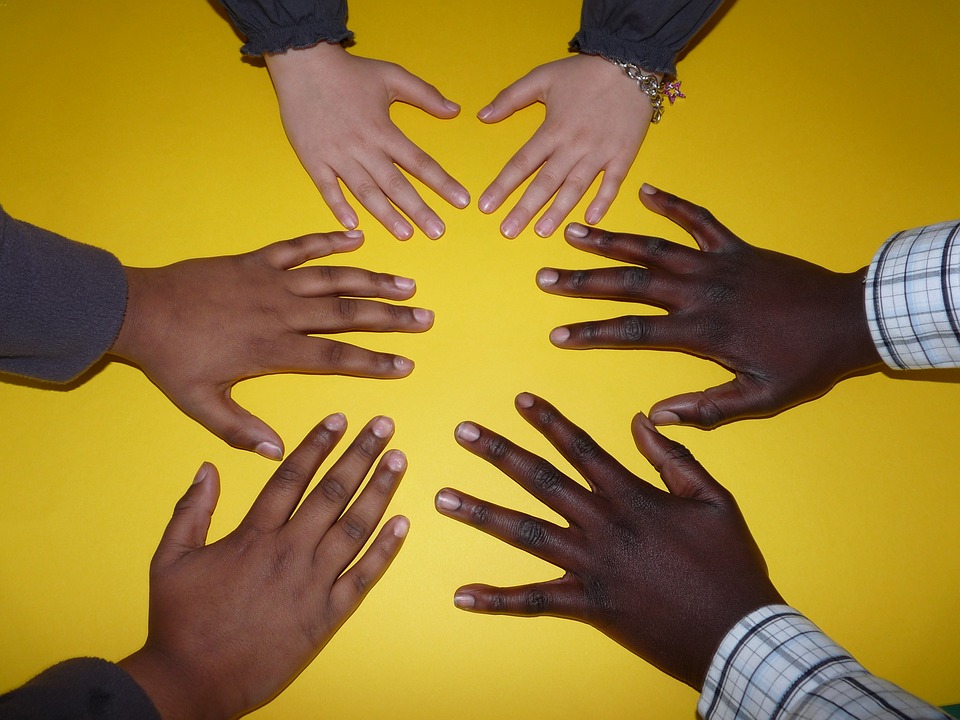![]()
The GYA working group on “Trust in (Young) Scientists” has attracted a grant from the Volkswagen Foundation for its video project on “Science ∞ Society: Video tutorials on science ethics and science communication”. The project will be carried out in collaboration with the German National Institute for Science Communication (NaWik), and runs for the period 2020-2022.
Scientists around the world are confronted with threats to public trust in science, which concerns issues ranging from public health measures to anthropogenic climate change. While many people have a general trust in scientific endeavors and belief in science contributing to making a better world, some fields of science have been faced with deliberate attempts at misleading the public about scientific results, especially online. This is a global concern, and one young scientists are particularly well positioned to address, because they are familiar with the online environment and can reach out to younger generations.
The project “Science ∞ Society” aims to address trust in science, by creating easily accessible content, in the form of freely available video tutorials, that enable scientists to reflect about the role of science in society, and to communicate with broader audiences. It provides insights not only about the practical tools of science, but also about the deeper roots of the problems, e.g. perspectives on scientific integrity or funding incentives. Our target audience is early career researchers around the world who are interested in reflecting on these issues and acquiring skills to contribute to a trustworthy and trustful relationship between science and society.
The project will produce a series of short, accessible videos in which leading scientific communicators and scholars from around the world discuss topics such as scientific integrity, the role of values in science, the relation of scientific knowledge to other forms of knowledge, and principles of science communication. Building on research in science ethics, sociology of science and science communication, the video clips will contain both theoretical content and practical, hands-on tips for getting started in science communication. We will also present some “best practice” examples of researchers engaging in various forms of outreach and communication.
The videos will be freely available online and rolled out through an interactive social media campaign and through endorsement by science organizations. In this way, we hope to broaden and deepen the conversation about the role of science in society and the responsibility of scientists that has been triggered by climate change denial, vaccine skepticism, and other issues.
This conversation concerns both problems internal to science that undermine trust in science (e.g. predatory journals, replication problems), and problems in the fragile relations of trust in particular publics concerning scientific practices (perceptions of elitism). We aim at encouraging young scientists to position themselves in these debates, and at enabling them to make active contributions to the solutions.
NaWik: The German Center for Science Communication (NaWik) is a non-profit organization that offers training for scientists, to improve the information flow of information between academic research and society.
